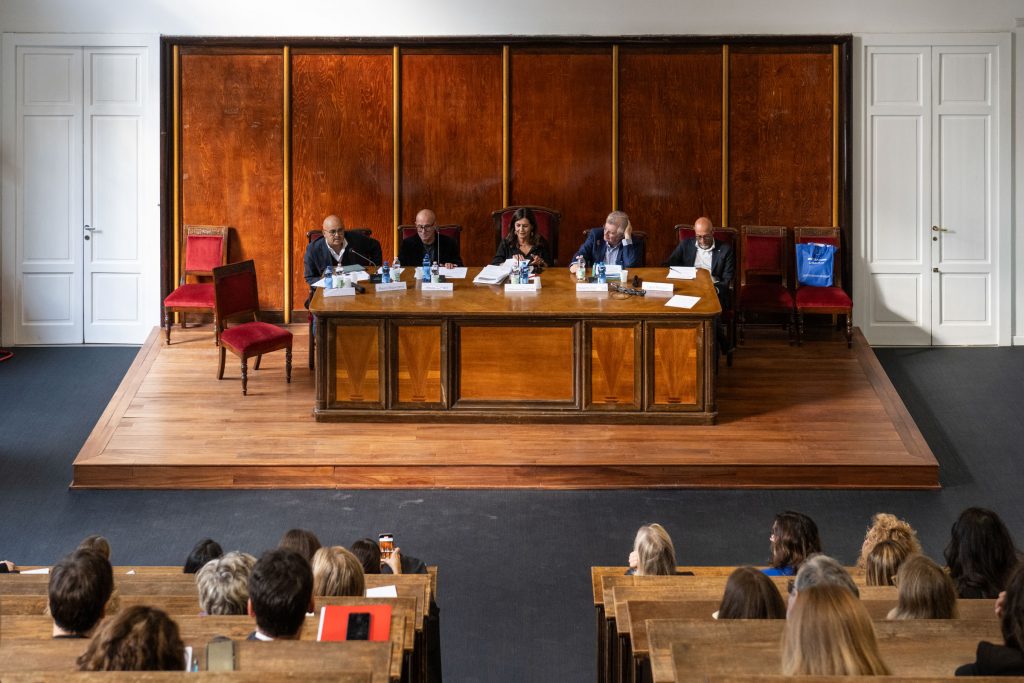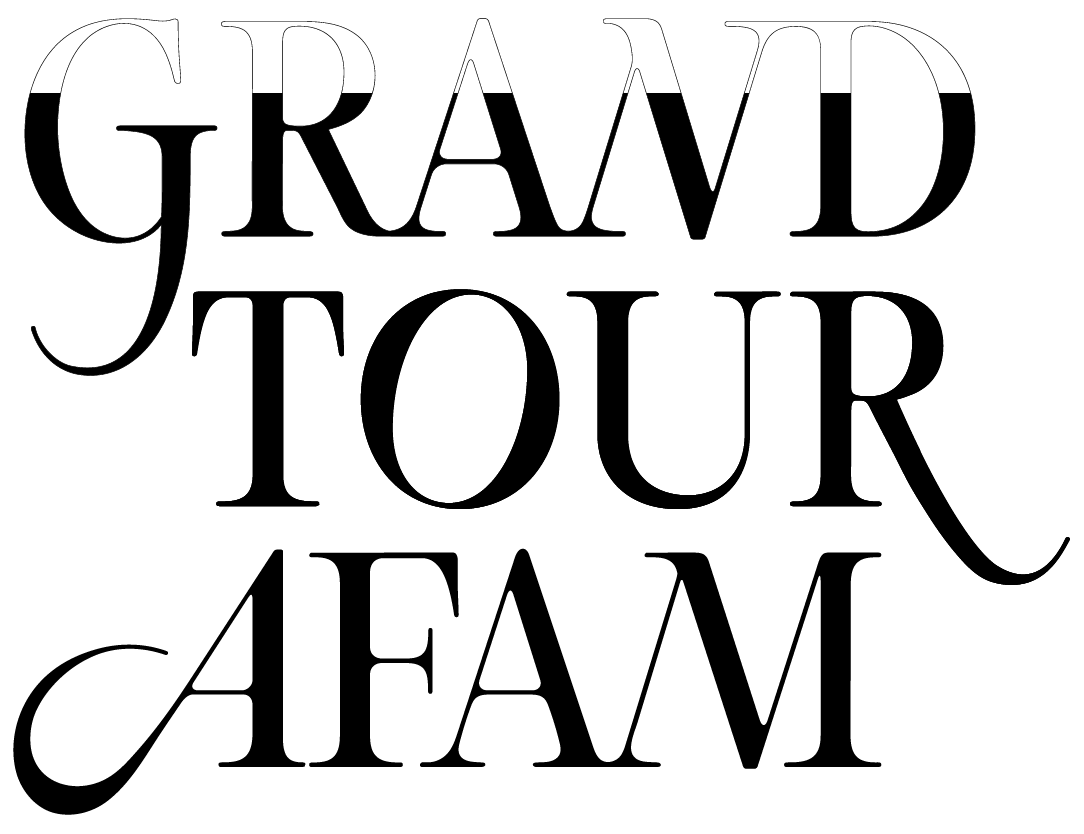On October 5, 2024 Accademia Teatro alla Scala organized an afternoon study on the future prospects of dance in Italy at the conclusion of the Workshop in Dance Management and as part of the AFAM Grand Tour project.
The roundtable, in its second edition, focused on topics of great importance to the performing arts such as the state of the art of legislative reforms in the dance sector and the centrality of training in the future of artistic production in the field of dance.
The first part, moderated by Francesca Pedroni, featured Roberto Giovanardi, former Ater director and manager, in conversation with Mvula Sungani, advisor to the Minister of Culture for dance. The state of the art of the sector in Italy and the progress of work on the new Performing Arts Code was presented. Mvula Sungani, in particular, presented the position and intentions of the Ministry on the future of the corps de ballet in the Lyric and Symphonic Foundations and the activities that the Ministry carries out for all other entities working in the country.
Finally, the first part of the panel discussion closed with a reflection by Mauro Bigonzetti, a choreographer of international caliber, on the configurations of production realities abroad and some of his suggestions about the consideration for the choreographic arts in Italy.
The second panel, moderated by Roberto Giovanardi, opens with a talk by Frederic Olivieri, director of the Accademia Teatro alla Scala dance school, on the Accademia’s training model, from the courses for professional dancer to the three-year and two-year specialized courses for dance teachers recently recognized by AFAM, also stressing the importance of the role of training in artistic production. Roberto Giovanardi then dialogues with Mvula Sungani on the need for legislative reforms on the regulation of private dance training.
Finally, Fabio Mongelli speaks, who, in addition to his position as Director of RUFA – Rome University of Fine Arts, is president of the Coordination of Non-State AFAM Institutions (CIANS). Starting from an interesting examination of the acronyms in use in the educational area, and framing their meaning, he highlights with great effectiveness how much there is no effective correspondence between the practice of dance in Italy and the representativeness of the discipline in academic contexts.
































